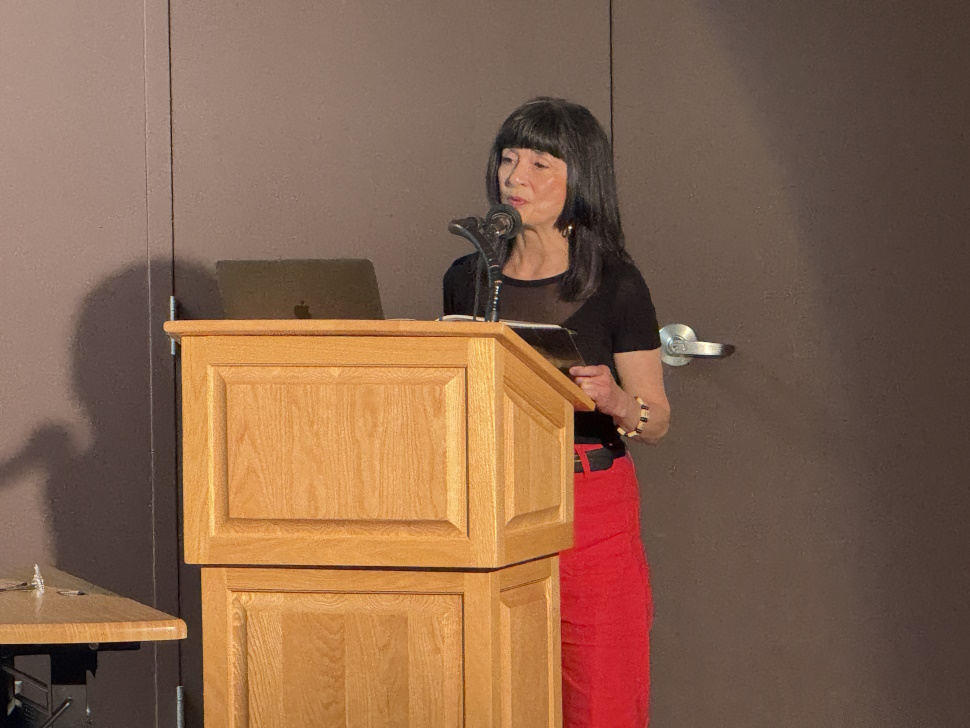A new book launched at the Moose Jaw Public Library last week by author and historian Catherine Clement examines the dark past of the 1923 Chinese Exclusion Act.
The Paper Trail to the 1923 Chinese Exclusion Act crowdsources hundreds of stories from families and draws on extensive research to uncover the experiences of Chinese Canadians during that period.
Clement said it was an emotional journey putting the book together.
“For me, and for hundreds of other descendants of early Chinese Canadians, unearthing these buried voices has been deeply rewarding and emotional and has fundamentally changed who we are and how we connect to our past,” she said during the book launch event.
The book shares stories about those who immigrated from China to Canada at the time, including people who struggled and even died because of the systemic racism of the Act.
It also highlights those who survived, adapted and fought back against the Exclusion Act.
Clement said when the Act was introduced in 1923, it was during a period of hardship.
“We have to remember the Great Depression took place through all this. Talk about a miserable period of time – the Great Depression, Japan invades China, the stock market crashes. Lots of stuff happened. The Second World War erupts,” she said.
She said the Second World War really changed things for Chinese Canadians and marked the beginning of the end for the Act. The Act was eventually repealed in 1947.
“The successful fight against racism on the battlefields of Europe and Asia was both empowering and radicalizing for the Chinese Canadians who served overseas. However, when these soldiers returned to Canada, once again, they returned to being second-class citizens. Nothing had changed at home,” she said.
Even after the war, before the Act was repealed, many elderly men left Canada to return to China to live out their final days.
Clement said that when then-prime minister Stephen Harper apologized to the Chinese community in 2006, it didn’t fully acknowledge the harm caused by the Exclusion Act.
“When it came, the government’s apology focused heavily on the Chinese head tax. There was little mention of the 1923 Chinese Exclusion Act and the almost quarter-century it was in effect. Yet, it was the Exclusion Act that caused the most suffering,” said Clement.
She added that working on the book revealed that, even after the Act was repealed, many wounds remained open.
“I used to think that when exclusion was over, there were some issues around family reunification, but it was a good time, a time to celebrate. But what I came to realize through the research that we did is that the attitudes that created exclusion to begin with don’t disappear overnight,” she said.
Clement said one silver lining is the government-issued Chinese immigrant certificates that still survive today, helping fill in the blanks from a dark time in history.
The Paper Trail to the 1923 Chinese Exclusion Act can be found in bookstores now.
